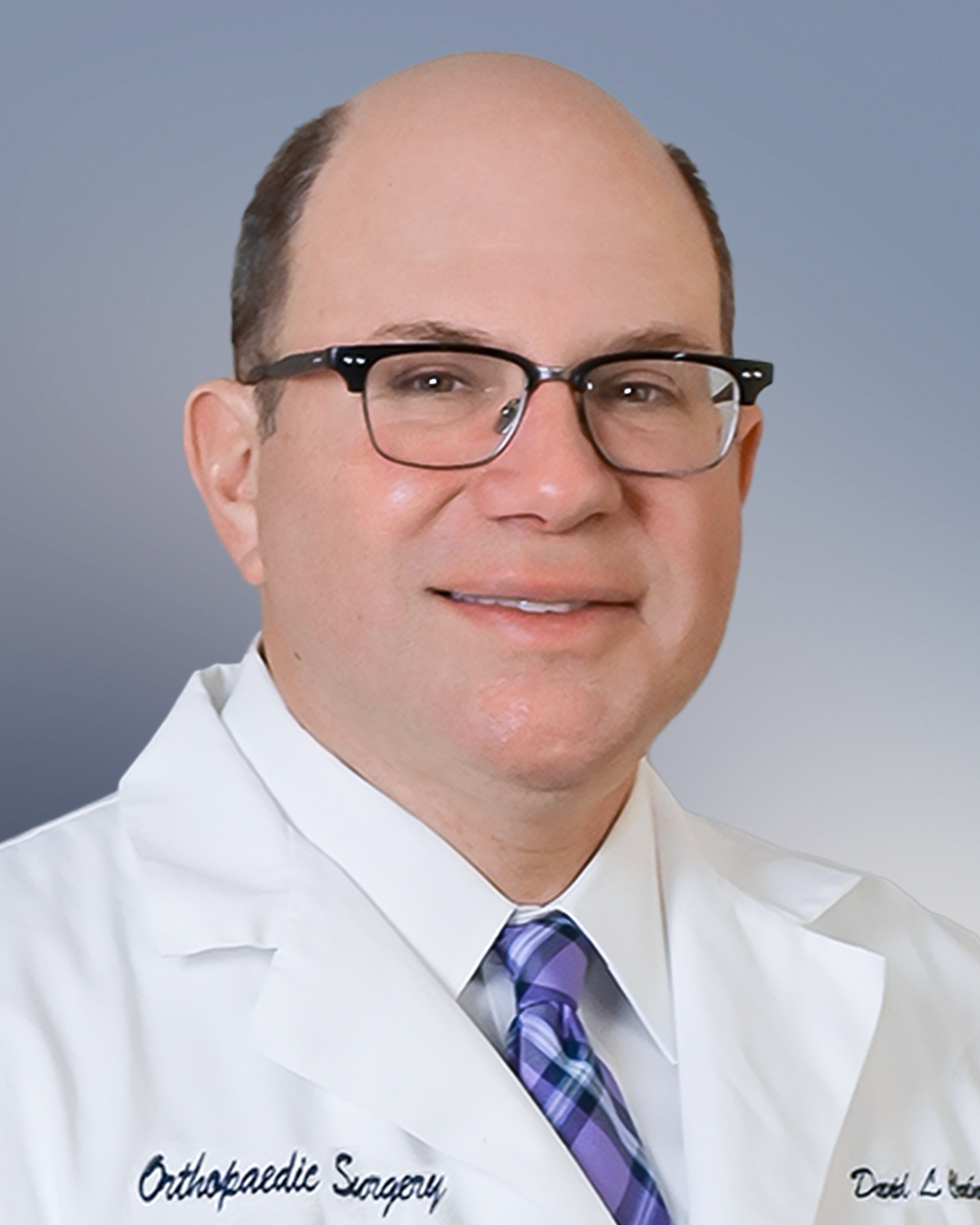Hip Revision Surgery: Procedure & Recovery Timeline
Hip Revision Surgery: Procedure & Recovery Timeline
What is Hip Revision Surgery?
If you have had a hip replacement and have experienced problems with it, you may be a candidate for hip revision surgery. Initial hip replacements are very successful for the vast majority of patients and provide lasting pain relief for many years. However, some patients may need a second hip replacement procedure due to infection, implant wear, or injury. This second procedure is called hip revision surgery or revision total hip replacement.
The need for a hip revision surgery can arise soon after the original surgery, or several years later, if issues develop with the existing implant. If you experience any issues with your original hip replacement implant, it is important to seek out an orthopedic surgeon with experience in hip revision replacements. Joint replacement revisions are more complex than the original procedure and require specialized skills for the best possible results.
Meet Our Orthopedic Hip Revision Surgeons
Reasons for Hip Revision Surgery
The vast majority of patients will not need a revision procedure after the original hip replacement. However, there are several reasons why a patient might need hip revision surgery, including the following:
Hip replacement implants may function well for a number of years, but over time, the implant can loosen from the bone. This can be very painful and may require revision surgery to correct. Patients who frequently participate in high-impact activities or are overweight may have an increased risk of implant loosening.
The implant’s plastic liner can wear down over time, creating tiny particles that are attacked by the body’s immune system. However, the immune system can also attack and deteriorate the surrounding bone while trying to eliminate the plastic particles, creating a condition called osteolysis. As the bone deteriorates, the implant may become loose.
An infection may occur after the initial hip replacement procedure. An infected hip replacement can cause implant loosening, pain, instability, and drainage. It is difficult to eliminate the infection in a hip replacement with antibiotics alone, so revision surgery is often needed to replace the original implants and clear the infection.
If one or more of the bones surrounding the hip implant are fractured, this may cause the implant to loosen, requiring revision surgery to correct.
Schedule A Hip Revision Evaluation
Hip Revision Surgery Procedure – What To Expect
Because a hip revision surgery is more complex than the original hip replacement procedure, it typically takes longer for your orthopedic surgeon to perform.
Your surgeon will make an incision in the same location as the original hip replacement surgery, but it may need to be a larger incision to allow for removal of the old hip implants. Our orthopedic surgeons take care to preserve as much healthy bone as possible while removing the original implants, which can be very time-consuming, particularly if bone cement was used to hold the original implant in place. In some cases, your surgeon may need to perform a controlled break of the femur (thighbone) to remove the stemmed implant.
Once the original implants have been removed, your surgeon will prepare the bones for the new implant. Revision implants are often larger than the original implants to make up for the bone loss. Metal augments may also be added to the implant for this reason so that the hip is in proper alignment.
If a hip revision surgery is needed due to an infection, your surgeon may simply be able to wash the bacteria out of the joint and replace the ball and plastic spacer. The patient is then given antibiotics for several weeks until the infection clears.
In other hip infection cases, all hip implant components may need to be removed to clear the infection. In these cases, the surgery is done in a staged approach. First, the surgeon removes the implants and places a temporary spacer in the hip that is treated with antibiotics. The patient is then given intravenous antibiotics until the infection clears. In the second stage of the hip revision, the surgeon goes back in and places the new implants.
Hip Revision Surgery Recovery Timeline
The recovery timeline for hip revision surgery will be similar to what you experienced with the original hip replacement, but it may be a longer process.
Most patients will need to stay in the hospital for at least a few days after surgery. After returning home, you will likely need assistance for several days or weeks until you are able to walk on your own. Medications will be given to help with pain. Physical therapy, which we offer on-site at all six of our New Jersey office locations, will be an important part of your recovery process. Our physical therapists will work with you to strengthen the leg and restore function in the hip.
Most patients are able to resume all normal activities within 6-8 weeks post surgery.
Hip Revision Surgery in Central New Jersey and Jersey Shore
Our board-certified orthopedic hip surgeons are experienced in handling complex joint surgery cases like hip revision surgery for our patients at Seaview. Dr David Chalnick, Dr. Fredrick Depaola, Dr. Joel Fechisin, Dr. Arthur Mark, Dr. Bert Parcells and Dr. Julian Zangrilli are happy to help with all of your treatment needs. If think you may be a candidate for hip revision surgery and would like to Book an Appointment at one of our six New Jersey office locations, please call (732) 660-6200 or book an appointment online. We look forward to helping you!
Schedule A Hip Revision Evaluation






